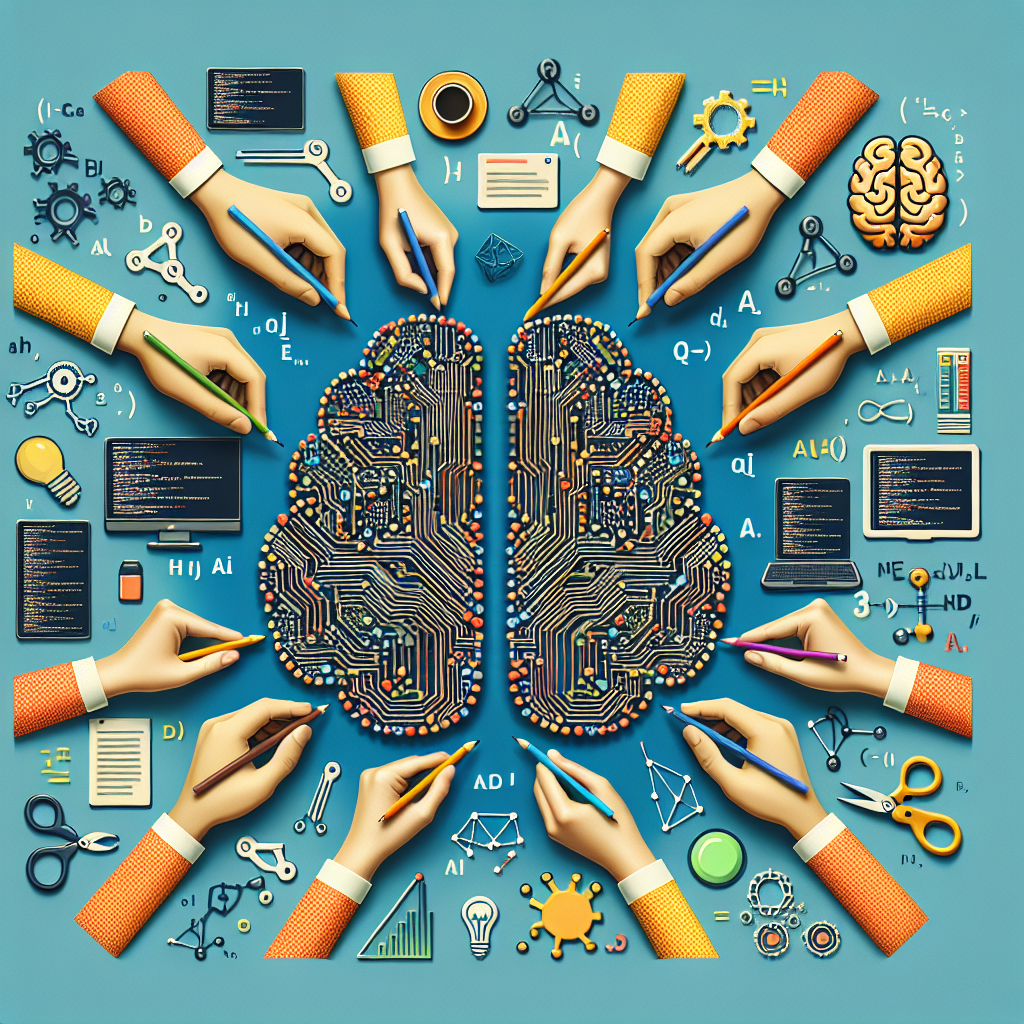In recent years, artificial intelligence (AI) has become a powerful tool for businesses and organizations to improve efficiency, automate tasks, and enhance decision-making processes. However, as AI technology continues to advance, it is crucial for developers and designers to prioritize ethical considerations and responsible practices in the development of AI platforms and models.
Designing responsible AI involves ensuring that AI systems are developed and deployed in a way that is fair, transparent, and accountable. This requires careful attention to the data used to train AI models, the algorithms used to make decisions, and the potential implications of AI systems on individuals and society as a whole.
One key aspect of designing responsible AI is ensuring that the data used to train AI models is representative and unbiased. Biased data can lead to biased outcomes, reinforcing existing inequalities and discrimination. Developers should carefully consider the sources of data, the potential biases present in the data, and methods for mitigating bias through data preprocessing and algorithmic adjustments.
Transparency is another important consideration in designing responsible AI. Users should be able to understand how AI systems make decisions, what data is used to make those decisions, and how those decisions may impact them. Providing explanations for AI decisions, as well as ways for users to provide feedback or challenge decisions, can help build trust and accountability in AI systems.
Accountability is also crucial in responsible AI design. Developers should be able to trace back decisions made by AI systems, identify potential errors or biases, and take steps to address them. This may involve implementing mechanisms for auditing AI systems, monitoring their performance, and implementing safeguards to prevent harmful outcomes.
In addition to these best practices, designers should also consider the broader societal implications of AI systems. This includes considering the potential impacts of AI on job displacement, privacy concerns, and the exacerbation of existing social inequalities. Designers should engage with stakeholders, including users, policymakers, and ethicists, to ensure that AI systems are developed in a way that benefits society as a whole.
Ultimately, designing responsible AI requires a multidisciplinary approach that incorporates ethical considerations, technical expertise, and a commitment to fairness and transparency. By following best practices for platform and model development, developers can ensure that AI systems are developed in a way that benefits individuals and society while minimizing potential risks and harms.
#Designing #Responsible #Practices #Platform #Model #Development,platform and model design for responsible ai

Leave a Reply
You must be logged in to post a comment.